E-Mobility Testing
Bringing you one step closer to make India the world wide center of EV revolution.
We offer one-stop- solution for E- mobility testing requirements.
E-Mobility Testing
Bringing you one step closer to make India the world wide center of EV revolution.
We offer one-stop- solution for E- mobility testing requirements.
One Stop Solution for EV Testing & Validation
All the Automotive giants are adapting to this EV culture very fast and smoothly. But to ensure their products, validation of these systems is the
most important part of the product validation process to ensure their product
safety and performance.
With a strong experience of 23 years in ICE vehicle iASYS is now spreading its presence in the EV sector where it helps to provide a complete end-to-end solution with all advanced EV testing equipment.
Ev Brochure
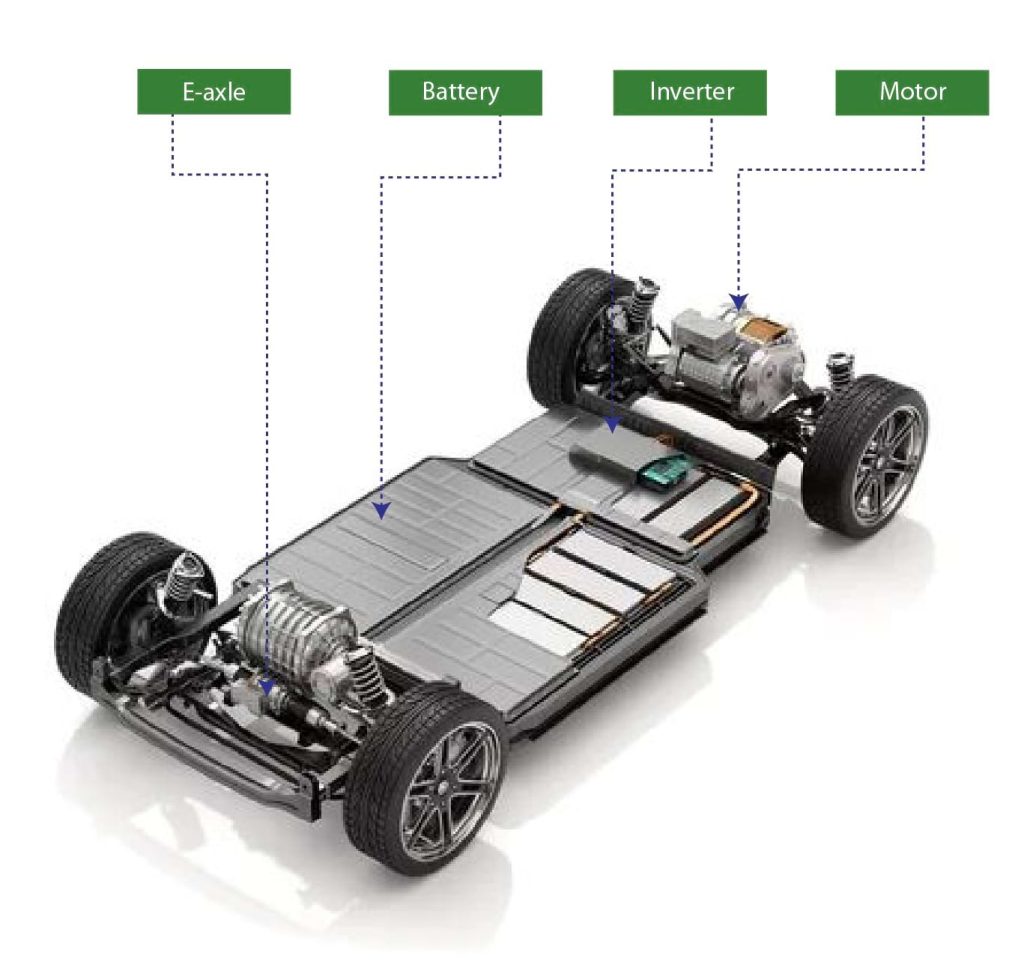

Economical & Reliable Test-bed Rental Solutions for Your Mobility Testing Needs!
Why Choose Our Rental Services?
Leverage our state-of-the-art test facilities without the burden of upfront setup costs. Our rental services include state-of-the-art EV motor and full vehicle testing facilities that adhere to industry standards.
Our offerings include:
1.Efficiency Mapping
2. Endurance Testing
3. Performance Testing
Discover more about how we can support your testing needs. Download the brochure now to learn more about our services!
iASYS- Rental Solutions Brochure
Motor Testing
Transient Motor Dynamometer:
We provide transient motor dyno set up to test various types of electric EV motors used in all automotive applications from 2W, 3W, 4W & commercial vehicles. Inhouse test facility provides end to end solutions which helps to get all required results under one roof. Wide range of dynos ranging from 10kW to 450kW are available which can be used according to the various applications and Motors. Road load simulation is carried out on motor level testing to get on road test data in component level testing. Various supporting devices such as DC power supply, Power analyzer, Current sensors helps these testing to get accurate technical data.
1. We provide portable Containerized EV motor Test bench
2. Overall System sampling rate 20Hz & more
3. Accuracy up to 0.03%
4. Regenerative Bi-directional power supply of 15 kW (70 V, 450 Amp)
5. Up to 8 Channel power analyzer with accuracy 0.03%
6. Testing standards: ISO 2178, AIS 38, AIS 39
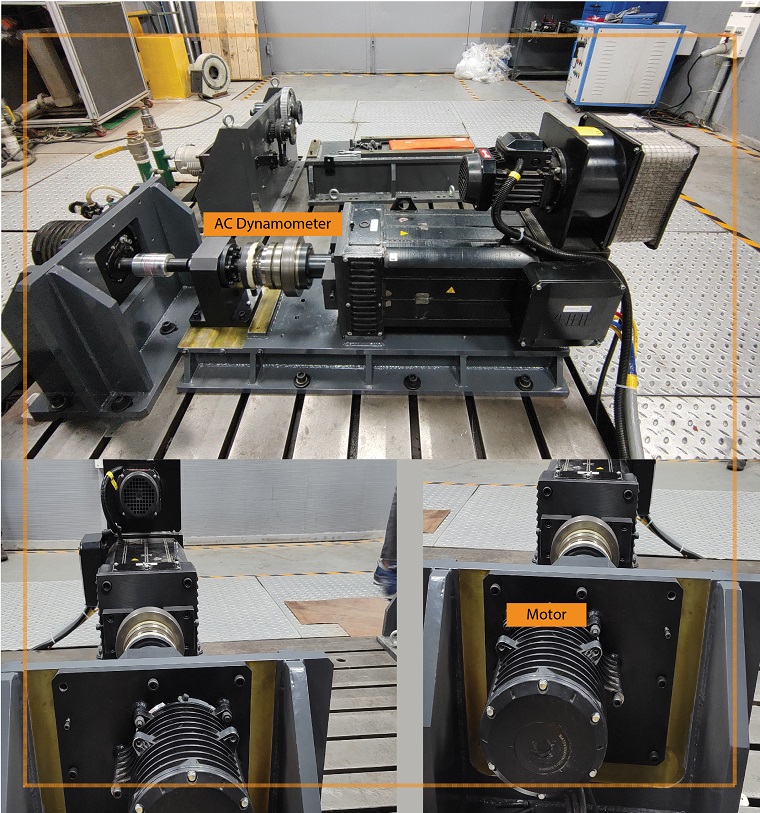
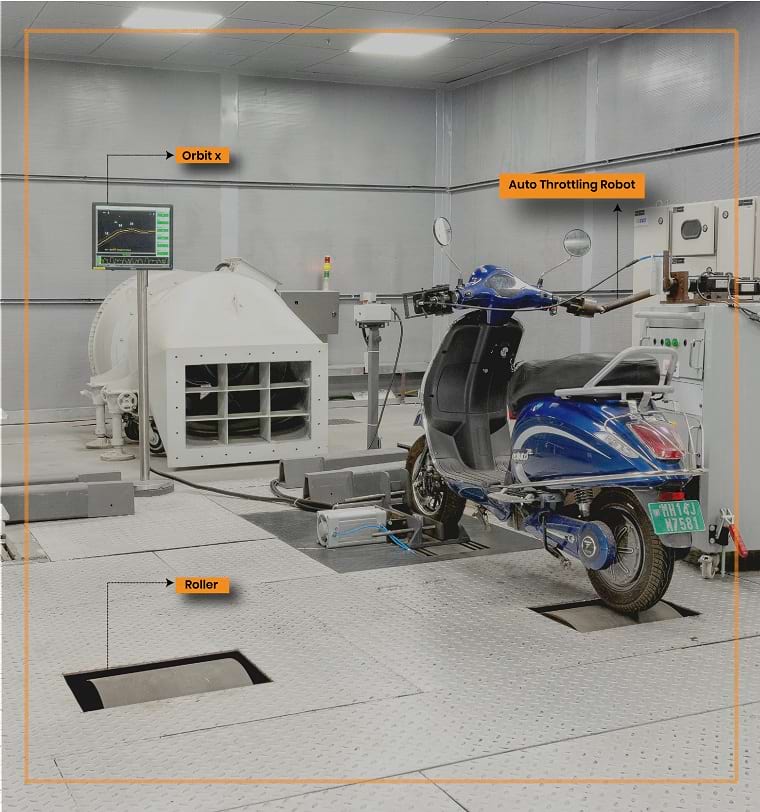
Electric Vehicle Testing
Chassis dynamometer:
Chassis dynamometer is device which simulates the road load condition. RWD i.e., Rear wheel drive (Two-wheeler) and FWD/RWD (Three/Four-Wheeler) vehicles can be tested on separate system as well as on single (universal) systems also possible. To perform these tests on lab level, a roller is being used according to the size and the weight of the vehicle on which the vehicle runs. This roller is connected to AC motor, which is called as Dynamometer, which controls the speed and the breaking of the roller during the test as. There are various types of tests carried out on vehicle level testing which are mentioned as follows,
1. Performance, Range Test & Durability
2. Inertia Simulation range: 150 to 2500 kg
3. Maximum Speed: up to 200 km/h
4. Roller surface: Textured Coating as per EPA Compliance
5. Road load simulation: As per EPA 40 CFR Part 1066
6. CAN, OBD-II, UDS, SAE-1939 interfaces
Battery Testing
Battery performance and its safety is of utmost importance for every EV manufacturer. We at iASYS provide various testing solutions for batteries ranging from 2W to commercial applications. Our EV battery testing equipment is equiped with latest technology available in the market. We provide testing solutions ranging from 2kWh to 100kWh battery packs. The tests are performed by following various standards like USABC, ISO12405, AIS 048 etc. With the growing realization of the importance of the battery safety, our EV Battery solutions is completely safe and compliant to the standards like ISO26262, EUCAR, etc.
Some of the tests performed are:
1.Battery peak power test
2.Constant current discharge test
3.Partial discharge test
4.Overcharge test
5.Drive cycle tests
6.Customized tests
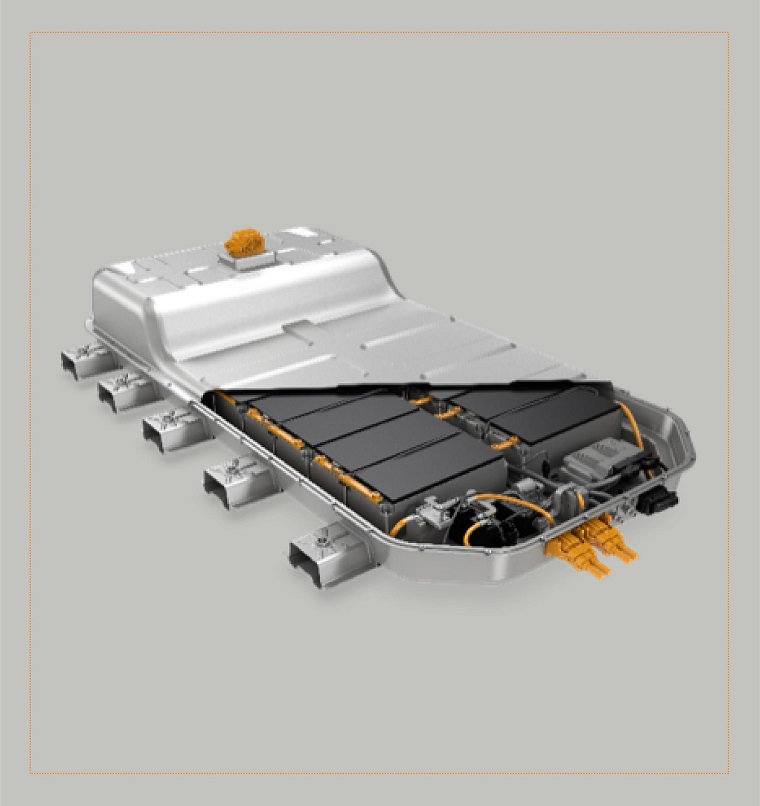
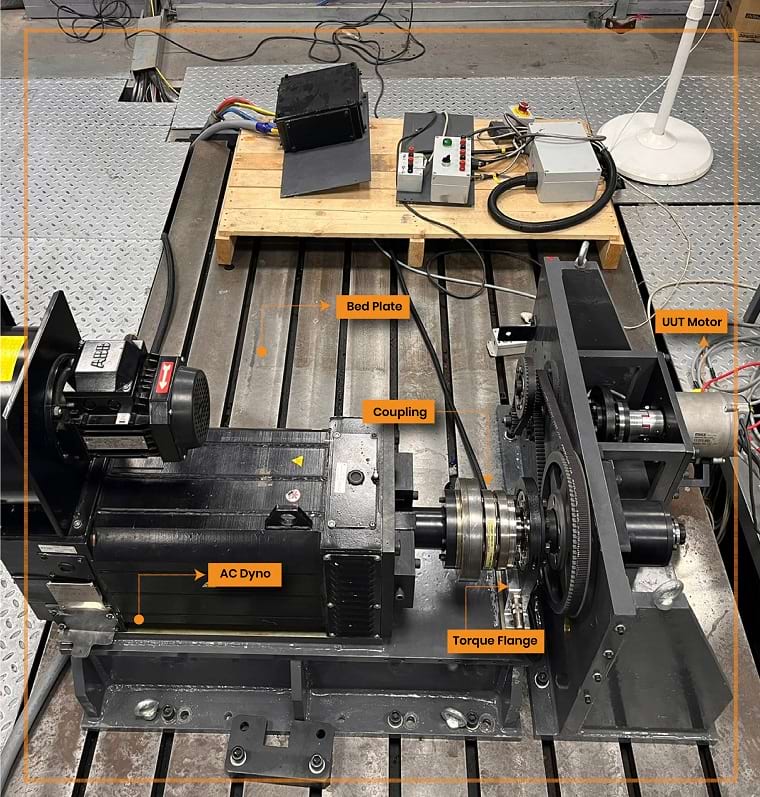
Powertrain Testing
Drivetrain/Powertrain Testing:
Powertrain Testing of the vehicles along with the motor can be provided to the customer. Considering EV vehicles there are two types of powertrain used in the vehicles that are Belt driven and Gearbox driven. Using transient dyno setup, overall powertrain can be tested which will provide complete system efficiency from battery to wheel. All types of gearbox are tested with various gear ratios and torque values. Using the same Motor test bench with its own transmission helps to reduce the extra setup cost and effort.
Type of testing:
1. Drivetrain efficiency testing
2. Transient cycle testing
3. Motor efficiency mapping
4. System efficiency mapping
Orbit EV
The main features of ORBIT EV include the testing of all the E-mobility Aplications such as Motor testing, Battery testing, Powertrain testing, Vehicle testing.
ORBIT EV can carry out all the test cycles defined by ISO and AIS standards. It contains all the perfomance related tests featured for Motor, Battery, Powertrain
and Vehicle. This application can also be customized according to the customer where he can upgrade the present system to an iASYS automation system
where all the present devices can be integrated into the system such as Power Analyzer, Battery tester, DC Power Supply, CAN Communication with system
which gives upperhand to customer in every aspect,
Why Orbit EV
1.Highly scalable ecosystem
2.Fast and accurate data logging capabilities
3.Easy integration with components like Power Analyzer, Battery Tester, Thermal Chamber, CAN
4.Communication and automation system
Connect with us
Featured Insights
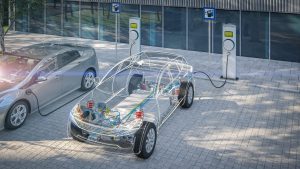
EV Validation Solution
To support EV Ecosystem, iASYS offers validation and verification solutions from element level to On-Road validation.

Electric Vehicle Testing
iASYS provide vehicle testing solutions and have an in-house vehicle testing facility that will be utilized to test customer vehicles using our automation and control system and the same test system can be delivered to the customer’s site.
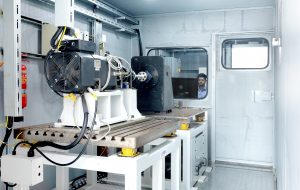
EV Motor Test Rig
As a result, we developed EV validation solutions at iASYS to provide the EV development community with connected data and a digital engineering approach at all stages of validation.

Case Study on EV 2-Wheeler Chassis Test Platform for R&D
iASYS collaborated with an automotive manufacturer and proposed software that enables effortless CAN data mapping to provide a comprehensive eco-friendly solution. The primary focus was on meeting rigorous EPA standards and providing tailor-made software for precise component management
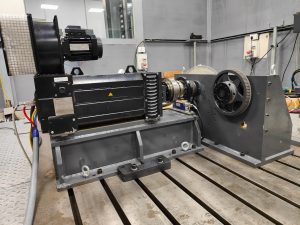
Drivetrain/Transmission Testing
iASYS has designed a customized test setup to measure the efficiency and losses of belt-driven powertrains under various belt tensions and iterations, along with a motor.
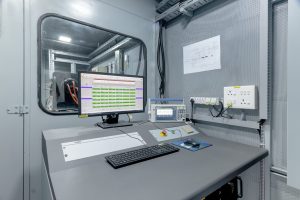
Container Test Cell for EV motor
iASYS has developed a containerized test rig for electric motor testing to assist electric vehicle start-ups, Tier-1 suppliers, and large OEMs in testing and validating their UUTs for a short duration.
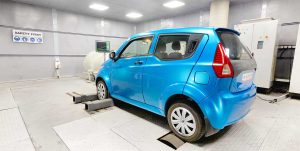
Electric Vehicle Testing on a Chassis Dynamometer
How accurately find the road worthiness of the electric vehicle in lab and shift the validation focus from road to rig.
iASYS provided EPA-compliant chassis dynamometers to vehicle certification agencies and major OEMs.
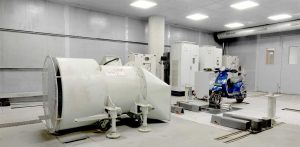
EV Testing as a Service
A start-up company that makes cargo e-vehicles (scooters) for consumers but struggles with the testing and validation processes.
E-Vehicle start up completed their vehicle testing and validation on time without investing in Capex
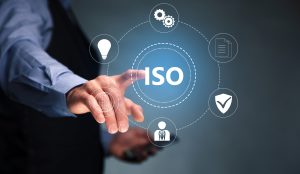
How Digital Transformation Supports ISO17025 Compliance?
Digital transformation helps you grow beyond LIMS and build a resilient laboratory process management while complying with ISO17025 standard.
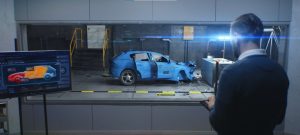
Why Lab Management Software is the Key to Unlocking Vehicle Testing Efficiency?
In the automotive sector, rigorous vehicle testing ensures safety and performance standards are met, straining testing labs. Efficient lab and asset management are crucial for maintaining quality and meeting demands.
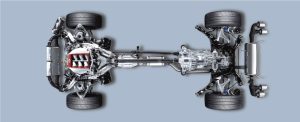
Maximizing Performance and Reliability: The Significance of Powertrain Testing in EV Vehicles
Powertrain testing in EV development is essential for optimizing performance and efficiency. Engineers fine-tune the system to achieve better acceleration, range, and vehicle dynamics. Efficiency evaluations help reduce energy loss and improve regenerative braking, increasing range and reducing environmental impact. Safety and reliability, especially for high-voltage components and battery safety, are top priorities in powertrain testing.
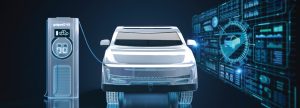
Efficiency and Precision: The Impact of Test Data Analytics in EV Testing
Embrace the data-driven evolution of Electric Vehicle (EV) testing with Test Data Analytics. Experience a new era of precise and efficient development, propelling the automotive industry into innovation like never before
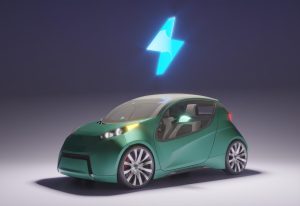
Upgrading IC Engine Test Bed to EV Motor Test Bed
The transition from ICE vehicles to EVs is driven by several factors, including environmental concerns, cost, time, and evolving consumer preferences. An EV testbed provides a controlled environment for evaluating electric powertrains, motors, battery systems, and other crucial components.

What Is Model-Based Development in Automotive?
Model-based development approach allows engineers to design, build and validate the software code in a fully virtual environment before deploying or integrating it with the live hardware components. In essence, it is an advanced level of development leveraging simulation.

Everything You Need to Know about “EV Testing as a Service”
EV startups, EV testing becomes more challenging since testing and validation incur high capital costs. Keeping track of frequently evolving standards, compliance norms and processes become Herculean tasks for time, resource, and cash-crunched startups.
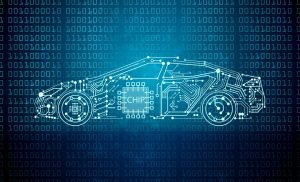
How EV Companies Can Follow the V-model of Development to Manage Deadlines and Save Costs?
The V-model is emerging as one of the widely used development processes in the automotive industry. This model splits the development process into two parts – Verification and Validation.
